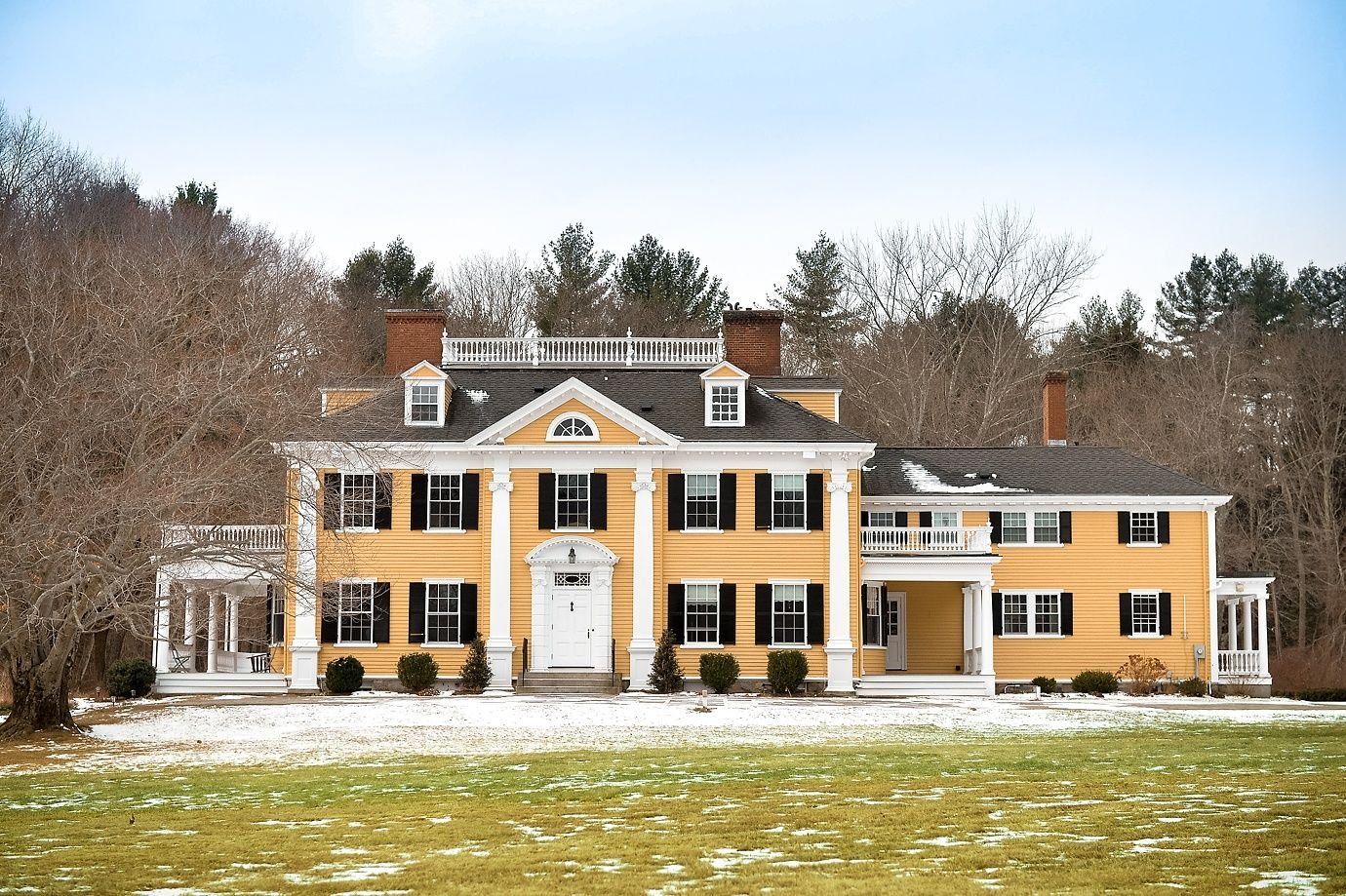
History of Lincoln
European settlers established Lincoln in 1654 as a part of Concord, with the majority of its territory carved out from southeast Concord and officially incorporated as an independent town in 1754. In response to challenges faced by locals due to distance from places of worship, inhabitants petitioned the General Court for separate status. Comprising areas detached from Concord, Weston (formerly part of Watertown), and Lexington (formerly part of Cambridge), the new town acquired the nickname "Niptown."
Chambers Russell, a prominent figure in Boston's Court, played a key role in Lincoln's establishment. Grateful for his efforts, Russell was entrusted with naming the town, selecting "Lincoln" in homage to his family's estate in Lincolnshire, England, later known as the Codman House property.
Lincoln stands as perhaps the sole town in America named after Lincoln, England, distinct from references to Revolutionary War figures or President Abraham Lincoln. Notably, Lincoln, New Hampshire, named after the 9th Earl of Lincoln, predates Abraham Lincoln's birth by 45 years.
The town witnessed historical events, including the capture of Paul Revere by British soldiers on April 18, 1775, and the participation of Lincoln's minutemen in defending American armaments during the Battle of Lexington and Concord. Colonel Abijah Pierce of Lincoln notably led his troops armed with a cane, later acquiring a British musket. Five British soldiers slain in Lincoln are interred in the town cemetery, underscoring its role in the early stages of the Revolutionary War.
